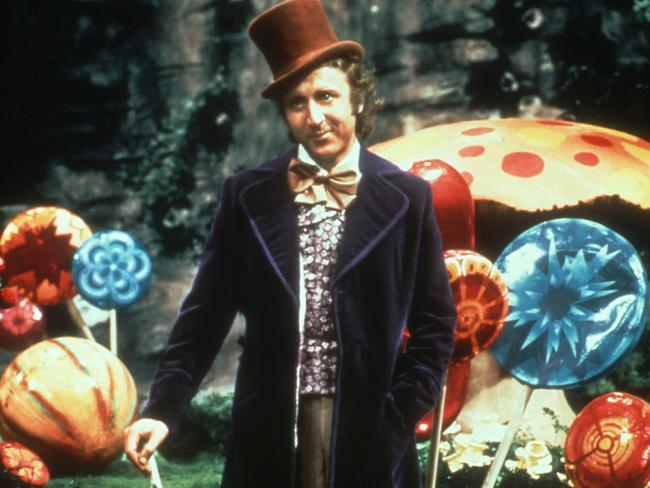Gene Wilder’s widow on his emotional Alzheimer’s battle
GENE Wilder’s widowed wife has penned an emotional article about the Willy Wonka star’s final years as he battled Alzheimer’s disease.

MORE than a year after Gene Wilder‘s death, his widow, Karen, has written a candid essay about the actor’s battle with Alzheimer’s disease.
Married in 1991, the Wilders “were one of the happiest couples” they knew for 20 years, Karen writes in an essay for ABC News, but then subtle signs of a problem arose.
“Always the kindest, most tender man (if a fly landed on him, he waited for the fly to leave), suddenly I saw Gene lashing out at our grandson,” Karen recounted.
“His perception of objects and their distance from him became so faulty that on a bike ride together, he thought we were going to crash into some trees many feet away from us. Once, at a party with friends, when the subject of Young Frankenstein came up, he couldn’t think of the name of the movie and had to act it out instead.”

Karen shared that the Willy Wonka star took the diagnosis “with grief, of course, but also astonishing grace”, but noted that she watched his “disintegration” for six years.
“One day, I saw him struggle with the ties on his drawstring pants. That night, I took the drawstrings out,” she recalled. “Then his wrist was bleeding from the failed effort of trying to take off his watch. I put his watch away.”
In one particularly harrowing moment during the Young Frankenstein actor’s decline, he fell near the pool but couldn’t stand back up. “I manoeuvred him over to the edge of our pool and floated him to the other side, where there were steps and a railing to assist him,” she recounted.
She also addressed the toll of caregiving.
“It is a strange, sad irony that so often, in the territory of a disease that robs an individual of memory, caregivers are often the forgotten,” she wrote.
“Without them, those with Alzheimer’s could not get through the day, or die — as my husband did — with dignity, surrounded by love.”

This article was originally published on the New York Post and is reproduced here with permission.



